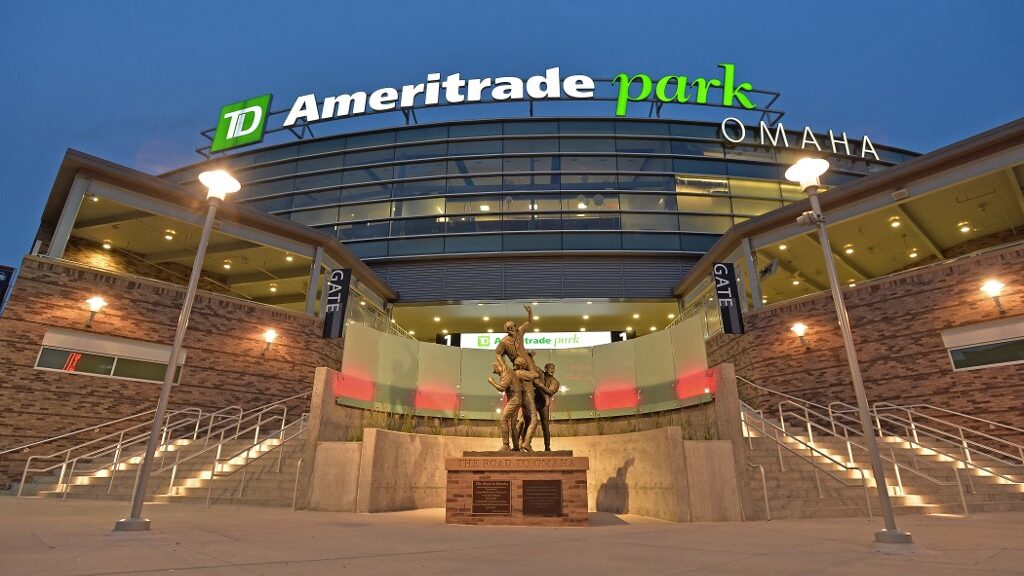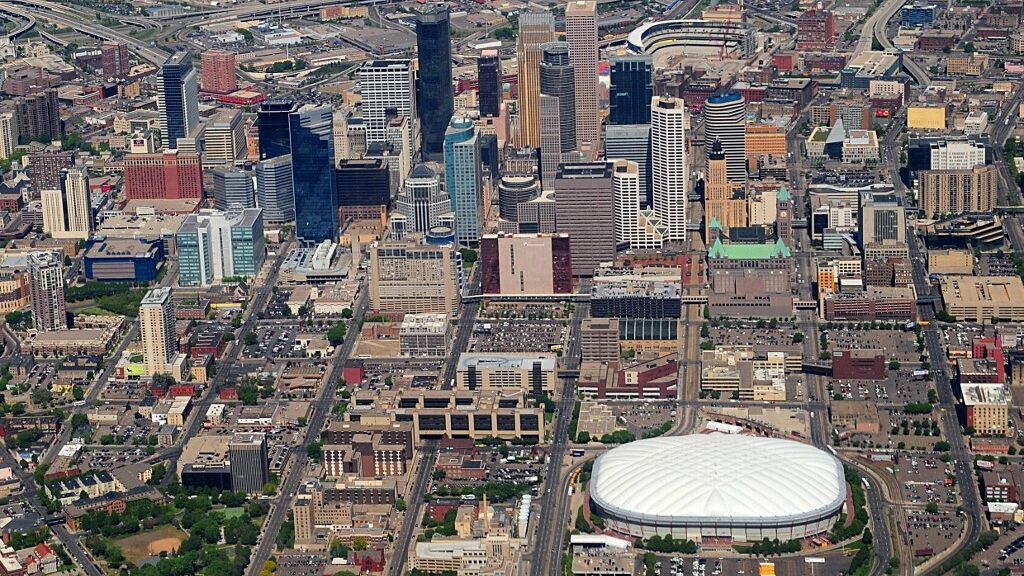
There’s been no shortage of news in Nebraska lately. On the heels of the opening of a new permanent casino in the Cornhusker State, legislators kicked off a special session with a bold move: introducing an online sports betting bill.
Senator Eliot Bostar introduced LB 13. This bill aims to legalize online sports betting, a move Governor Jim Pillen enthusiastically supports. It would allow Nebraskans to place their bets without leaving their living room—no need to hit the casino floor.
In-person sports betting debuted in Nebraska last June, but it’s been an exclusive club—just four casinos. Bostar’s play? Amend the playbook. His legislation opens the digital floodgates, allowing Nebraskans to wager on their favorite teams from their phone, eliminating the drive to the casino.
Essentially, it would allow existing gaming operators to launch online sports betting.
What the Bill Calls For
But that’s not all LB 13 would do. Senator Bostar’s bill not only allows each casino to team up with a sportsbook operator if passed but removes the current prohibition on wagering for in-state college programs, such as Nebraska and Creighton. Allowing betting on Nebraska football and Creighton basketball could generate greater interest among sports bettors in the state.
It’s important to remember that Governor Pillen has also proposed an online sports betting bill. Whether legislators will support this (Bostar’s) measure and push it through immediately, or wait until the 2025 session for further discussions, remains unclear. If the bill passes, the next step will be voter approval in November as a constitutional amendment.
Online Sports Betting Revenue Could Help Lower Taxes
Governor Pillen thinks online sports betting can help lighten the tax load in Nebraska. He embraced the idea as a way to cut Nebraska’s property taxes by up to half, according to estimates. Nebraska currently taxes sportsbooks at a 20% rate. KETV Omaha reported that legalizing online sports betting could bring in around $30 million in annual tax revenue.
The four retail sportsbook outlets are on board with this expansion and share Pillen’s belief that legalizing online sports betting could significantly ease Nebraska’s property tax burden. Bostar’s bill recognizes it.
“The Legislature finds that Nebraska relies more heavily on local property taxes to support public education compared to other states and consistently ranks in the top ten among all states in terms of per capita property tax burden on its citizens,” the bill says. “The Legislature further finds that [it] is important to authorize and impose a tax upon the gross gaming of sports wagering by means of an online sports wagering platform in order to create a property tax relief program to reduce the tax liability of property taxes paid to support public education.”
Lynne McNally, the government relations director at WarHorse Casino, agrees that this move could bring in anywhere from $30 to $32 million annually in additional tax revenue for the state. She says that while brick-and-mortar sportsbooks have been a success, online betting dominates in every state where it’s available.
Nebraska Considers Regulating Fantasy Sports
And if that wasn’t enough, Senator Carol Blood introduced LB6, known as the Fantasy Contests Act, aiming to legalize paid-entry fantasy sports contests across Nebraska.
The bill’s definition of fantasy sports encompasses both peer-to-peer and house-based contests.
If enacted, Nebraska would pioneer a unique licensing fee model based on operators’ revenue, diverging from the standard practice of combining a license fee with a percentage of revenue tax.
Operators would pay a $10,000 initial registration fee to the Department of Revenue, followed by an annual renewal fee of 6% of their gross gaming revenue from the previous year. No additional taxes would apply beyond this fee.
Now we’ll wait to see what happens next. It appears that whether it’s Bostar’s bill, or by some other means, online sports betting has enough support to be legalized, as does the fantasy sports bill. We’ll keep you posted.














